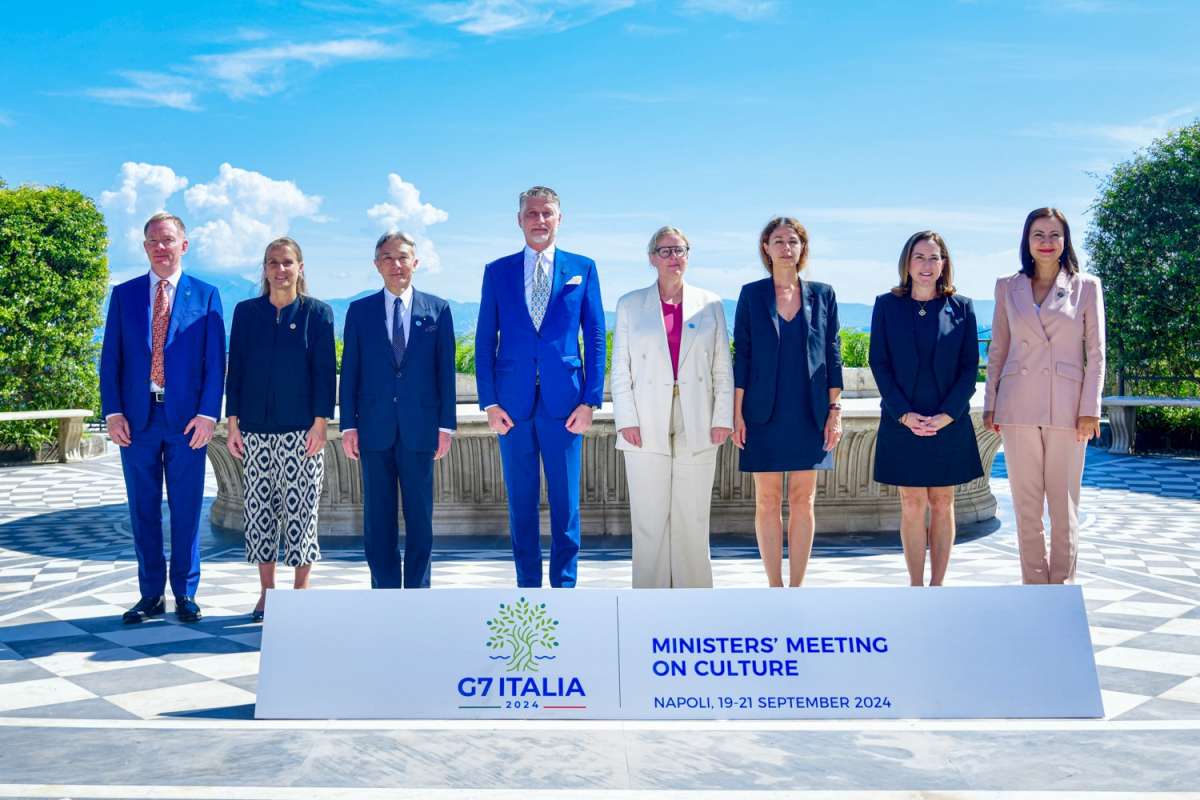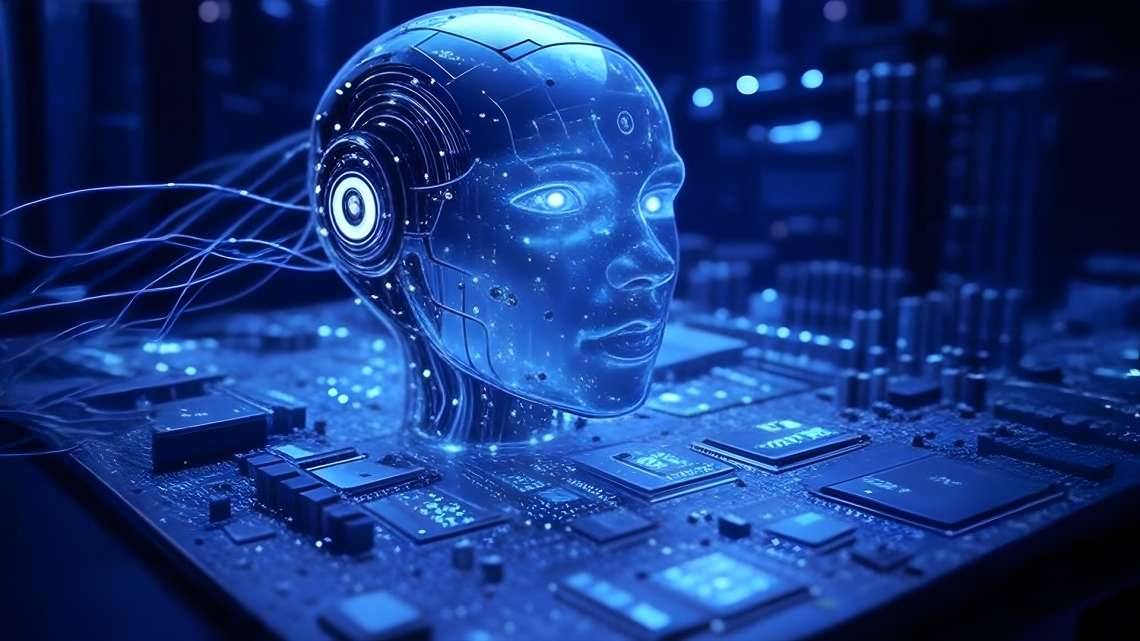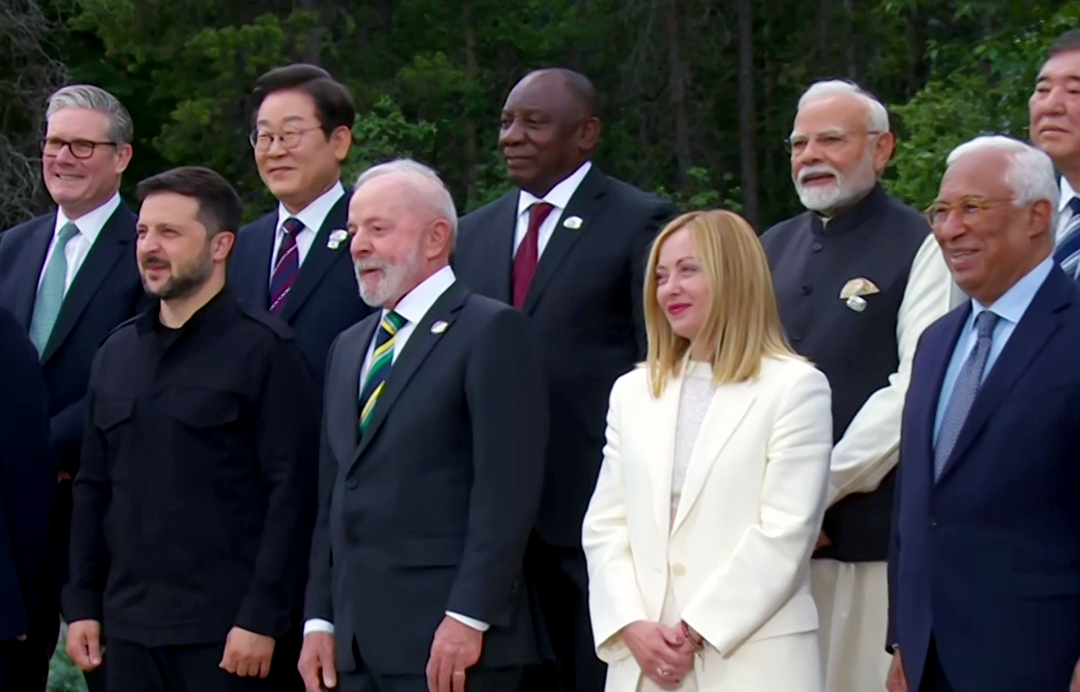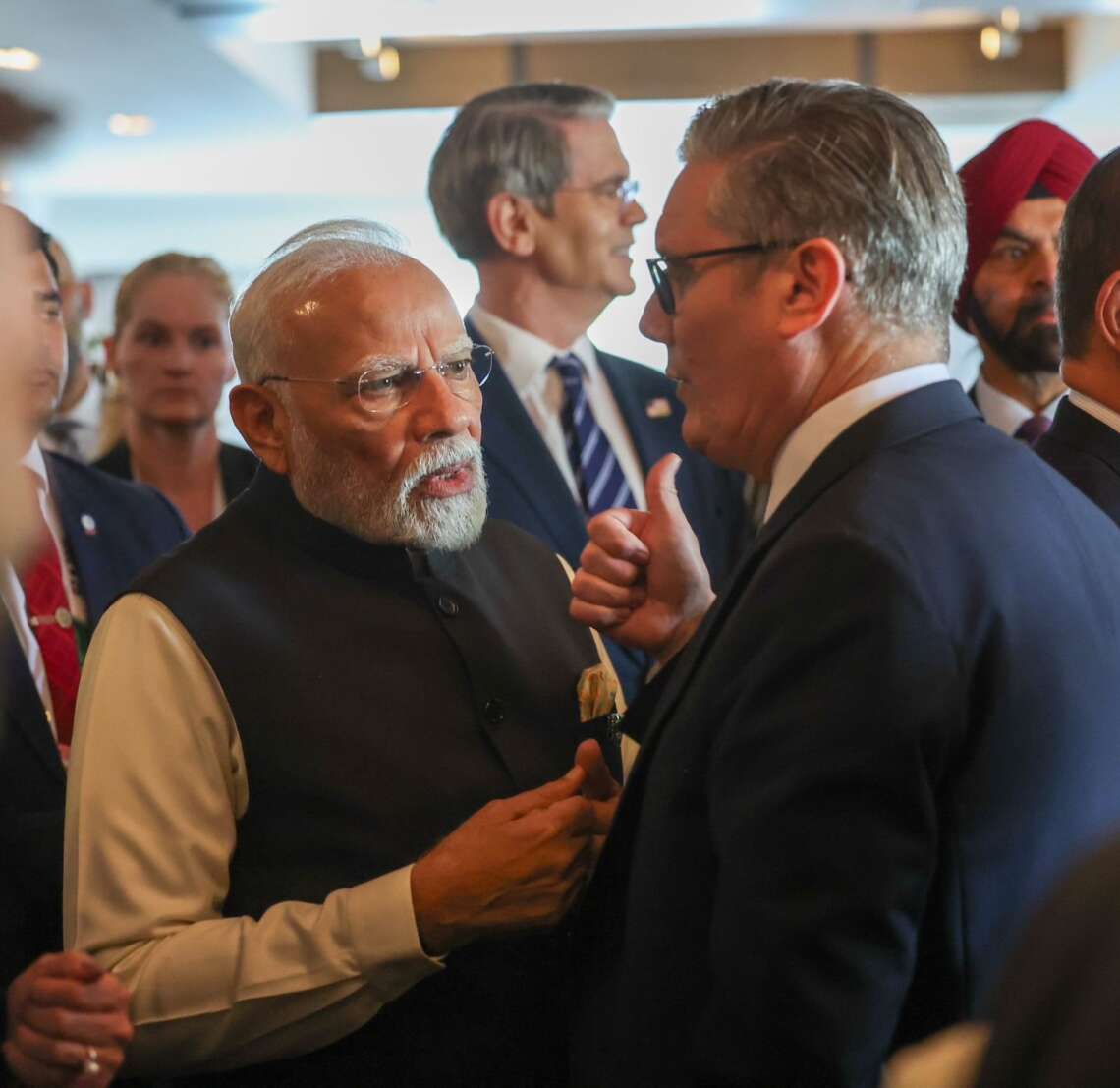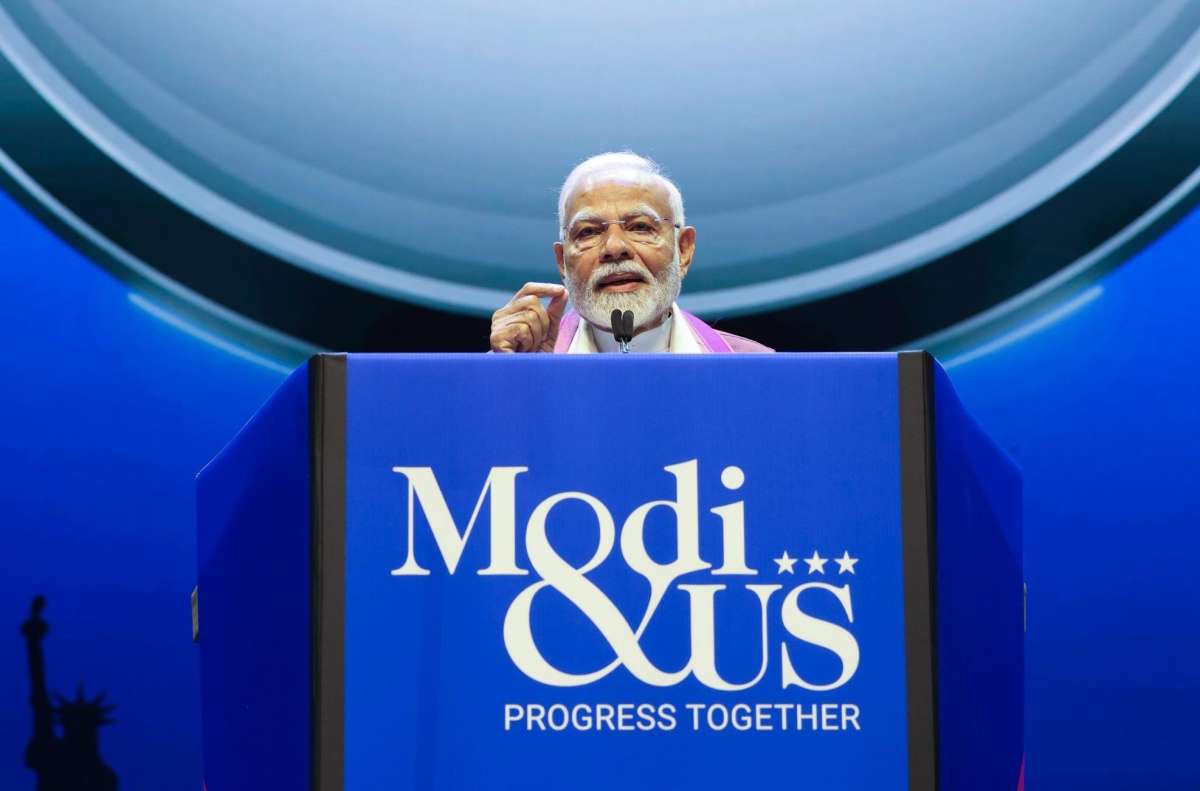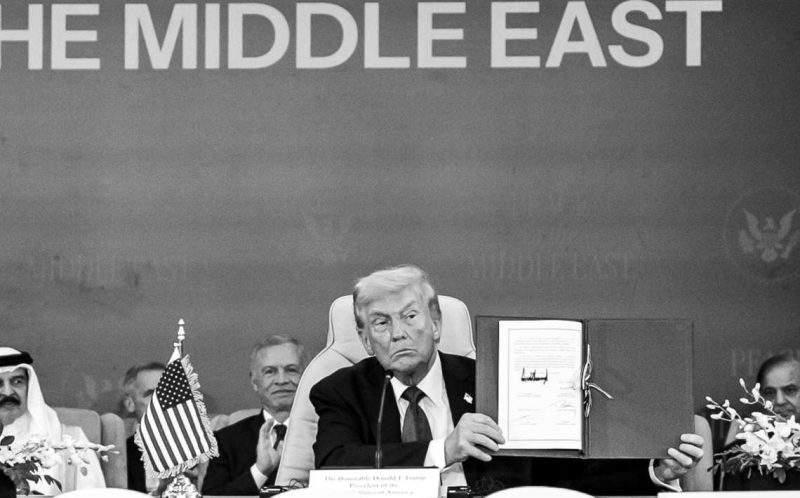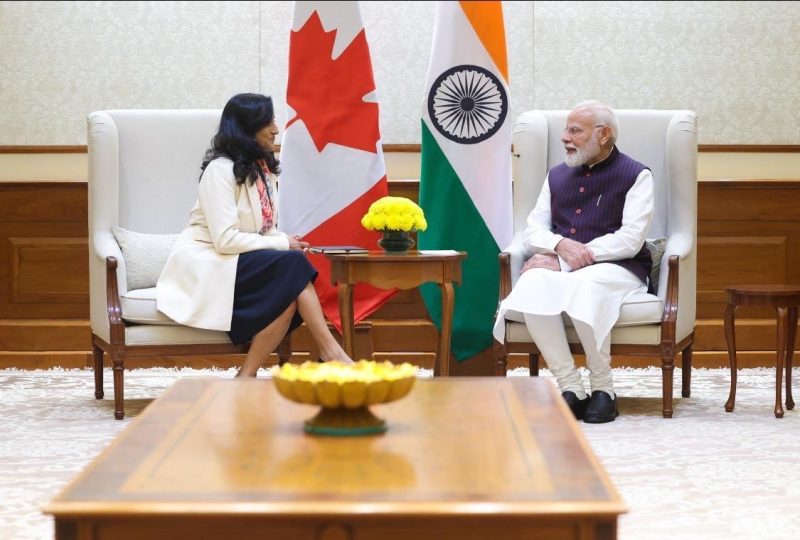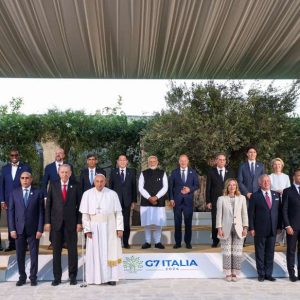The leaders agreed to work together to address the ethical, legal, economic, and social implications of Generative AI and AI-powered tools for the cultural and creative industries…reports Asian Lite News
Alongside the opportunities, significant risks posed by Artificial Intelligence (AI) to the cultural sector were highlighted at the Group of Seven (G7) ministers’ cultural meeting, which concluded in Naples, Italy.
AI is “increasingly permeating the value chains in the cultural and creative sectors and industries, with impacts on the working conditions and the livelihoods of culture professionals and the sustainability of a vibrant and vital cultural ecosystem,” said the declaration on Saturday, which was issued by ministers of culture from the G7 countries during the three-day talks.
The leaders agreed to work together to address the ethical, legal, economic, and social implications of Generative AI and AI-powered tools for the cultural and creative industries, reports Xinhua news agency, quoting Rai News.
The leaders also called on “identification and authentication, where technically feasible, of cultural content entirely or partially generated, modified or altered by AI systems.”
The focus on the challenges related to artificial intelligence has been one of the main areas of focus during Italy’s 2024 presidency of the G7.
According to media reports, a protest against the G7 cultural meeting occurred Saturday morning in central Naples. Around fifty demonstrators marched, rolling out a red carpet as a symbolic critique of the “political showcase” occurring.
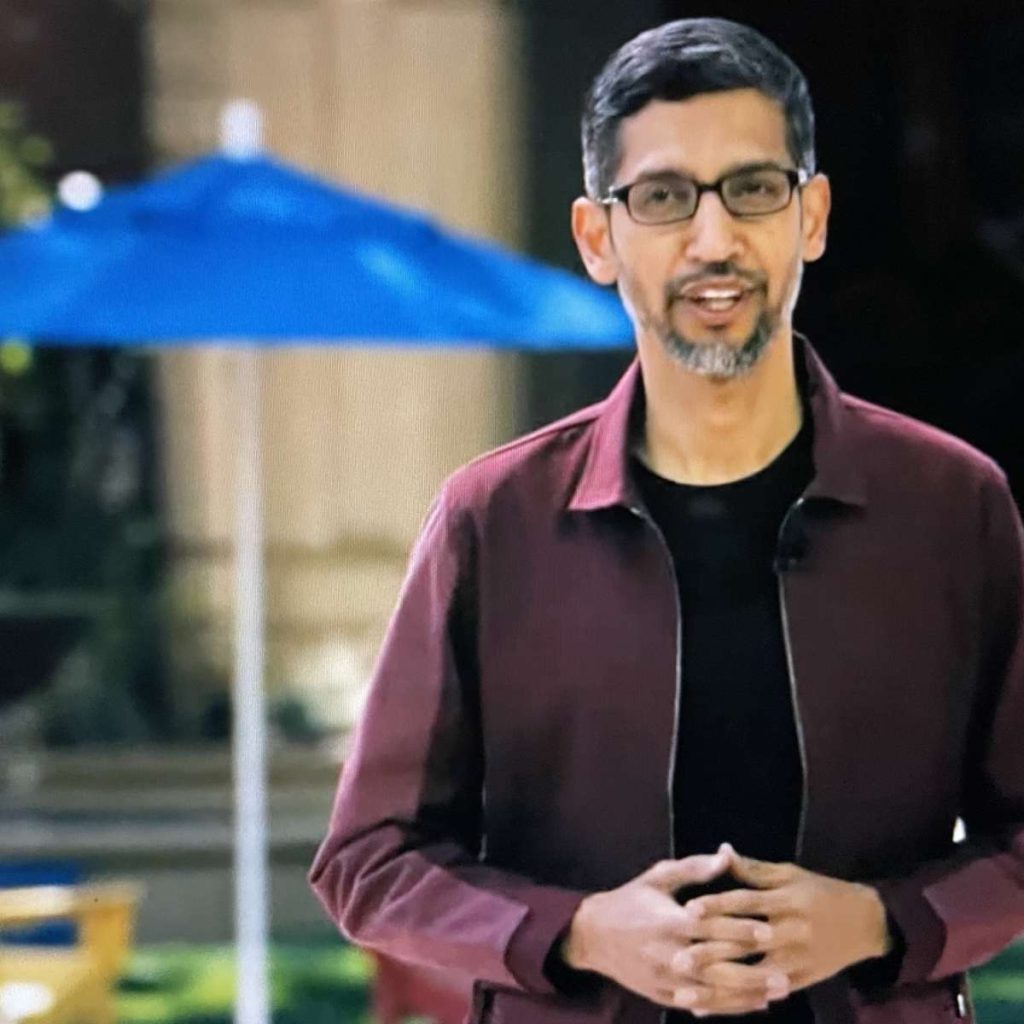
Google unveils $120m ‘Global AI Opportunity Fund’
Alphabet and Google CEO Sundar Pichai has announced a $120 million ‘Global AI Opportunity Fund’ at the UN Summit of the Future in the US.
Pichai said that the initiative will invest “one hundred and twenty million dollars to make AI education and training available in communities around the world. We’re providing this in local languages, in partnership with nonprofits and NGOs”.
Leaders from around the world have gathered for the 79th United Nations General Assembly (UNGA) in New York — including the first ever “Summit of the Future”.
Speaking at he event, Pichai said that “growing up in Chennai, India, with my family, the arrival of each new technology improved our lives in meaningful ways.”
“The technology that changed my life the most was the computer. I didn’t have much access to one growing up. When I came to graduate school in the US, there were labs full of machines I could use anytime I wanted — it was mind blowing. Access to computing inspired me to pursue a career where I could bring technology to more people,” he mentioned.
Today, 15 of Google products serve more than half a billion people and businesses each. And six of them – such as Search, Maps and Drive – each serve more than 2 billion.
Pichai said that the company has been investing in AI research, tools, and infrastructure for two decades.
“Using AI, in just the last year, we have added 110 new languages to Google Translate, spoken by half a billion people around the world. That brings our total to 246 languages, and we’re working toward 1,000 of the world’s most spoken languages,” informed the Google CEO.
Some studies show that AI could boost global labor productivity by 1.4 percentage points, and increase global GDP by 7 per cent, within the next decade.
For example, AI is helping improve operations and logistics in emerging markets, where connectivity, infrastructure and traffic congestion are big challenges.
Pichai said that AI must be developed, deployed, and used responsibly, from the start.
“We’re guided by our AI Principles, which we published back in 2018. And we work with others across the industry, academia, the UN, and governments in efforts like the Frontier Model Forum, the OECD, and the G7 Hiroshima Process,” he said.
ALSO READ: UAE-US: United by Innovation and Progress


